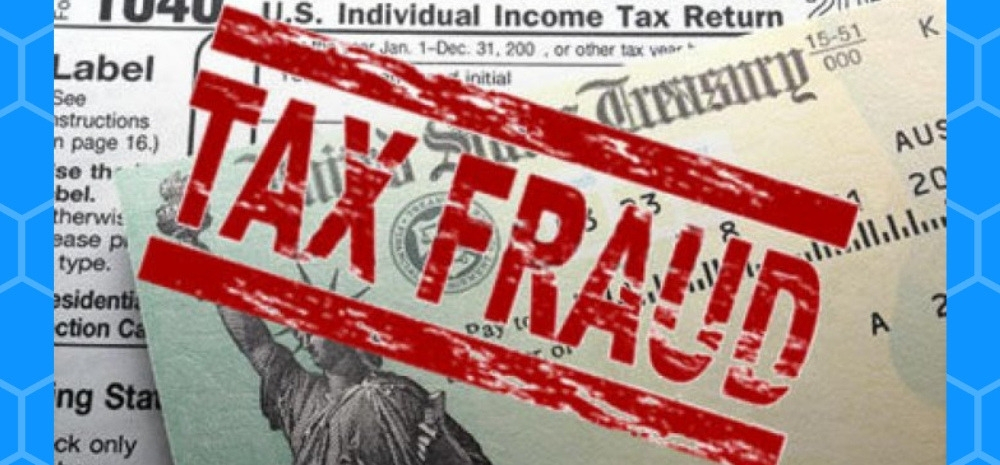Tax Evasion, Black Money Will Lead To Prosecution; Paying Penalty Isn’t Enough Anymore

The Income Tax Department is now determined to not let go tax evaders go easily. The rules have all changed and the IT Department is going to crack down on any tax offenders.
The new rules set by the Income Tax Department are set to be in practice from June 17, 2019, which is today.
Read on to know all the details about the new changes in the law made by the IT Department.
Contents
New Rules By The Income Tax Department
As per the IT Dept, all offences that fall under black money and benami laws are ‘generally non-compoundable’.
For those who dont know what compounding means, it is a process of simply getting out of trouble by paying a stiff fee and not facing any prosecution.
But here onwards, if a person or even an organization has evaded tax or committed other such tax-related offences, they will not be let off by only paying a tax demand, penalty and interest.
The offences have been divided into two sections, A and B.
Category A
The offences that fall under category A are:
- Failure to pay the tax that is deducted at source under Chapter XVII-B.
- Failure to pay tax payable under Section 115-0.
- Failure to pay the tax that is collected at the source.
Category B
The offences that fall under category B are:
- Deliberate attempt to evade tax.
- Providing false statement during verification.
- Failure to provide authentic documents such as books of accounts, and any other related documents.
The offences under category A will be compounded, whereas those under Category B will not be compounded. The offences that are wont be compounded also include ‘willful evasion of tax and removal or concealment or transfer or delivery of property to thwart tax recovery in a search operation.’
The CBDT Guidelines: Before and After
The Central Board of Direct Taxes has issued new guidelines that totally disapprove the compounding of offences such as indulging in black money activities. Also, this includes not disclosing foreign accounts or assets.
The previous rules allowed compounding if a person or an organization has undisclosed bank accounts in foreign countries and has any assets overseas. An act, Anti-Black Money Act was passed in 2015 that put a stop to compounding in cases of Black money.
Gautam Nayak, tax partner at CNK & Associates says, “The new rules have also provided for a cap on the compounding fee, which cannot exceed the TDS amount plus interest if the TDS amount involved in the default is less than Rs. One Lakh.”
What Will Happen Now?
The defaulters who indulge in any sort of tax offence will now have to face prosecution, and by the prosecution, the defaulter will have to undergo a trial and a possible jail term.
Imposition of heavy fines will also be a part of the punishment that anyone, be it a person or an entity, who is involved in any of the above-mentioned activities.

Comments are closed, but trackbacks and pingbacks are open.